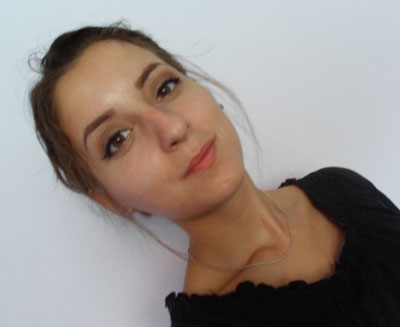For those living with sleep apnea, a health condition characterized by periodic gaps in breathing during sleep, a new form of treatment may be on the horizon: medication. In a recently published study, tirzepatide, originally found in a weight-loss drug called Zepbound, appears to reduce the severity of sleep apnea while improving blood pressure and reducing weight.1
Eli Lilly, the maker of this drug, funded the research. The company has asked the FDA to expand the use of this drug to treat moderate to severe sleep apnea, and NBC News reports that the FDA is expected to decide on this by the end of 2024.2
What Did the Study Find?
The study took place for 52 weeks and involved nearly 500 people diagnosed with moderate-to-severe sleep apnea and obesity. They were separated into two groups; one group took the medication in combination with positive airway pressure (PAP) treatment while the other group only took the medication. During the study, both groups were given a 1:1 ratio of maximum tolerated tirzepatide or a placebo.
At the end of the study, they found that apnea episodes (pauses in breathing) among those who took the drug were down nearly 60 percent compared to just 10 percent among those administered the placebo. Patients taking tirzepatide also saw improvements in other key measurements, including weight loss, blood pressure, and self-reported sleep quality.
Learn More: Obesity and Sleep
What the Experts Say
Despite the positive results, medical experts emphasize caution as the research is new and not yet conclusive. In an op-ed article published in the New England Journal of Medicine, Sanjay R. Patel, M.D., says more research is needed.3
The Connection Between Weight and Obstructive Sleep Apnea
So, how is it that a weight loss drug may correlate with reducing sleep apnea symptoms? We spoke with our Chief Medical Advisor, Dr. Raj Dasgupta, an ABIM quadruple-board-certified physician, about the connection between weight and obstructive sleep apnea (OSA).
“Being overweight or obese is strongly linked to OSA due to increased fat deposits in the upper airway. Overweight individuals often have more tissue in the throat area, which can narrow the airway and make it more likely to collapse during sleep.”
Dr Raj adds, “Maintaining a healthy weight can help manage OSA and reduce the severity of symptoms for those who are overweight or obese. However, OSA can have different causes (both lifestyle and genetic factors), and the success of each treatment depends on how severe the sleep apnea is and what works best for each person. Consulting with your doctor is important to find the right solution for your individual needs.”
How Might This Impact Future Sleep Apnea Treatment?
More serious cases of sleep apnea are often treated with breathing devices such as CPAP machines, which provide constant air pressure into your airways to help you breathe better at night. However, some people can’t tolerate CPAP, in which case other oral appliances might be used, such as tongue-retaining devices and mandibular advancement devices.
With Zepbound, however, we’re potentially looking at another treatment option for moderate-to-severe sleep apnea that doesn’t involve the use of CPAP therapy or a mouth device. Instead, the drug might be enough to manage symptoms and make it easier to get quality sleep.
As mentioned, the drug isn’t officially being used to treat sleep apnea yet, and experts emphasize that more research is needed. However, the research does look hopeful.
Explore the best beds for sleep apnea if you’re looking for more sleep solutions.

Olivera Jancikin
Content Writer
About Author
Olivera is a content writer for Sleep Advisor and is enthusiastic about sleep. She firmly believes in the benefits of daytime naps on top of getting a full 8-hour sleep at night.
Combination Sleeper
Education & Credentials
- Certified Sleep Science Coach
References:
- Malhotra, Atul., et al. “Tirzepatide for the Treatment of Obstructive Sleep Apnea and Obesity”. The New England Journal of Medicine. 2024.
- “Popular weight loss drug may help treat severe sleep apnea, new research finds”. NBC News. 2024.
- Patel MD, Sanjay R. “Entering a New Era in Sleep-Apnea Treatment”. The New England Journal of Medicine. 2024.
